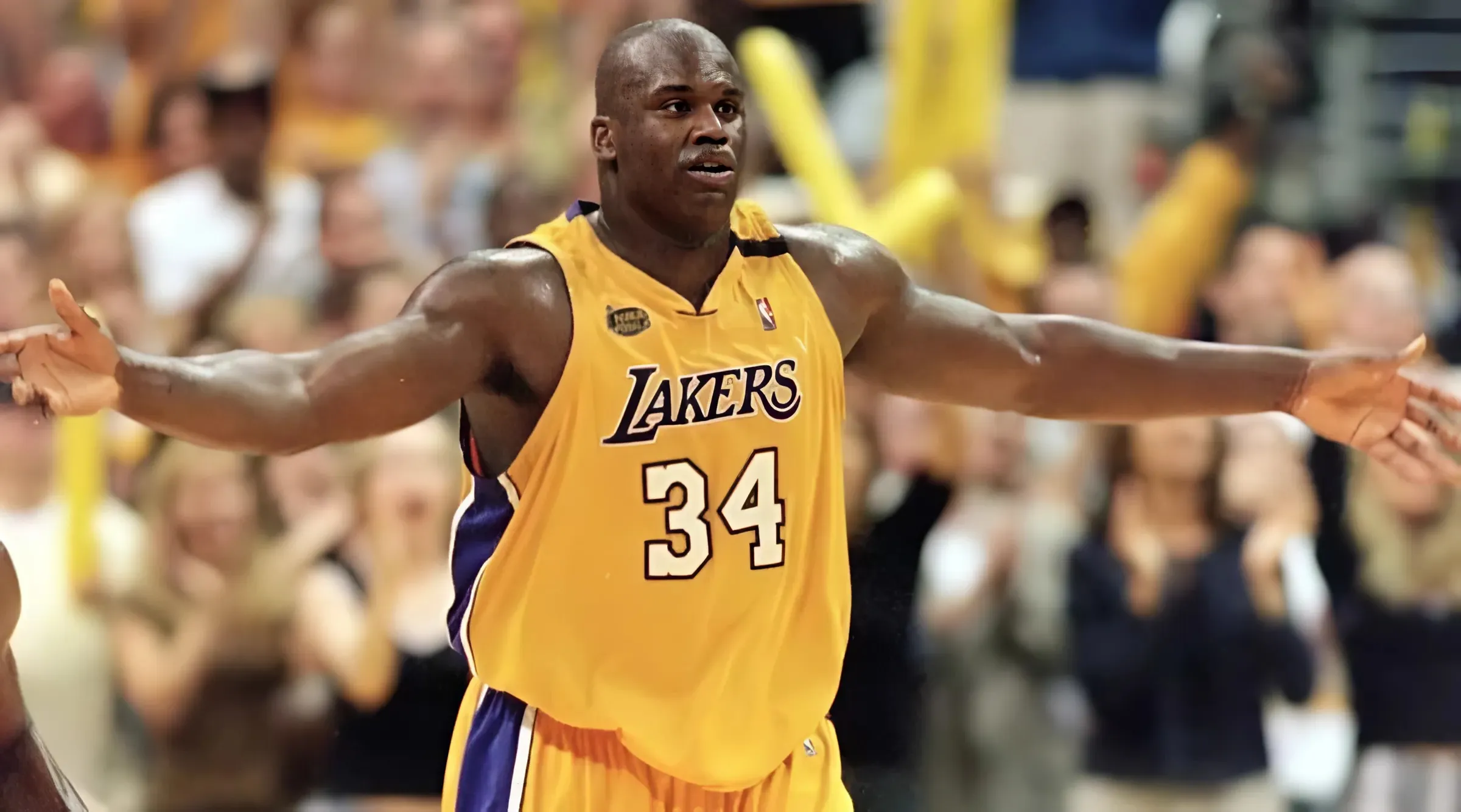Former NBA guard Jeff Teague stirred the pot recently on Club 520, claiming that LeBron James sat out part of the season because he was “on steroids.” Teague said LeBron’s time off, cited officially as a back injury, coincided with new HGH testing protocols in the league. But while the claim is dramatic, there’s no substantiated evidence supporting it, and LeBron never tested positive.

“Miami Heat Bron, he was on steroids, bro. They started testing for HGH, and he had to sit out. He said his back was hurting and he sat out 3 weeks… then came back skinny,” Teague said on Club 520.
While Teague mentioned on his IG story that his claim was a "joke," many fans still took it as a literal accusation of drug use against LeBron.
Teague mentions the Miami Heat, but HGH wasn't even tested in the NBA until two seasons after LeBron left. Plus, LeBron played all but five games in the 2013-14 season, essentially ruling out the possibility that he missed weeks due to drug testing.
While Teague was never teammates with LeBron himself, he has frequently faced off against the NBA legend. There’s no way to verify whether Teague’s comments are somewhat accurate, exaggerated, or completely unfounded, but it's not going to stop the people from talking, and they aren't going to settle for the simple answer.
For starters, what Teague is remembering here is the 2014-15 campaign, which was LeBron's first season back with the Cavaliers. At this point, LeBron was 30 years old, and it looked like his years of experience were finally starting to take their toll. To start that season, he looked slower, more aged, and just all around less efficient at the game, and his stats reflected it across the board with averages of 25.3 points, 6.0 rebounds, and 7.4 assists per game on 48.8% shooting.
While things did eventually work out for James that season (NBA Finals appearance), it only came after a mysterious 8-game absence in January that resulted in the Cavaliers going 1-7. LeBron blamed the missed time on a back injury, with later reports claiming he went to receive anti-inflammatory shots to manage the pain.
Alternate theories, like the one Teague suggests, claim that LeBron was actually forced to take a hiatus from action due to conflicts with the new anti-drug policy. The claim goes that LeBron began taking HGH (Human Growth Hormone) during his transition from the Heat to the Cavaliers in 2014, which contributed to his reported weight loss that off-season. It was only a few months later that the NBA announced testing for HGH, which came with brutal penalties for those who were caught in violation.
Of course, the catch is that the HGH testing didn't officially begin until the following season (2015-16), meaning that the NBA either pushed back the testing dates or LeBron was genuinely getting treatment for his back, like it's been claimed.
As much as LeBron's powers might seem like a cheat code, there's simply not enough evidence to call him a PED (performance-enhancing drug) user, especially when the consequences would be so severe. For a guy like LeBron James, the penalties for getting caught would have cost him everything - his career, reputation, legacy, and millions of dollars. To speak candidly, it wasn't worth the risk, especially considering he was still playing elite-level basketball at the time.
Without hard proof or formal investigation, Teague’s steroid accusation is little more than speculative barbershop talk. LeBron James has never failed a drug test, never served a suspension, and remains one of the league’s most rigorously scrutinized athletes. Until legitimate evidence surfaces, it’s far more reasonable to believe what’s always been the public record: LeBron’s greatness, however freakish, has been earned, not enhanced.
-1753526482-q80.webp)

-1753865992-q80.webp)
